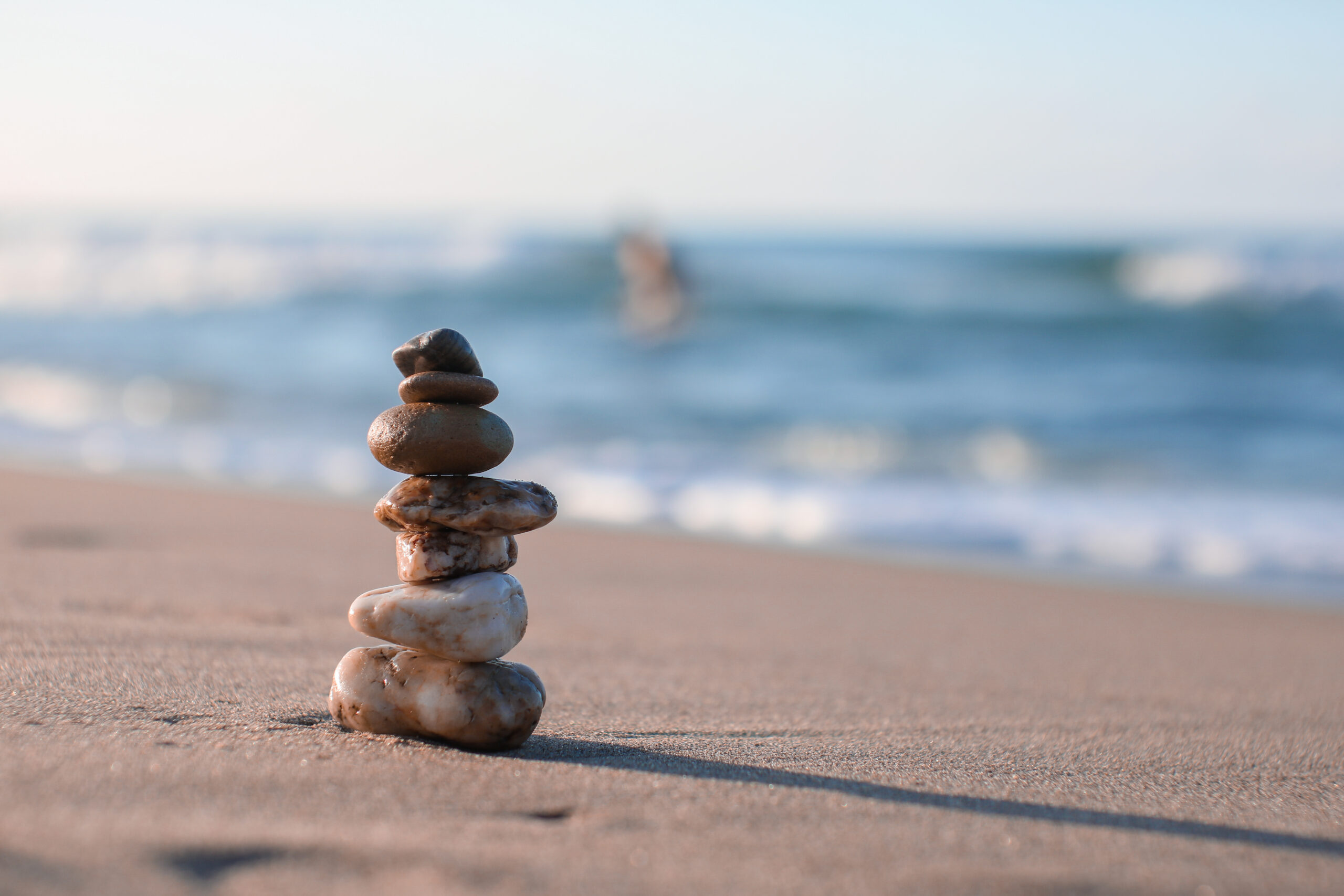Finding Balance with Work, Family, and Self-Care
In today’s fast-paced world, many individuals grapple with the challenge of establishing a sense of equilibrium in their lives. Balancing the demands of work, family, and self-care is a universal endeavor, vital for overall well-being and contentment. A mother herself, Dr. Basile stresses the importance of harmony with her patients and promotes valuable insights for attaining harmony among these three crucial facets of life.
Prioritizing Tasks and Your Health
Foremost, effective time management becomes pivotal when striving to balance work, family, and self-care. Creating a structured daily or weekly schedule can assist in allocating time for each realm of life. The prioritization of tasks based on importance and urgency empowers individuals to fulfill their work-related obligations, enjoy meaningful family time, and still reserve moments for self-care pursuits such as exercise, relaxation, or hobbies.
Setting Boundaries and Realistic Commitments
Effective communication is essential for patients to accomplish their healthcare objectives when working with Dr. Basile. Communication stands as a cornerstone in the quest for balance. Open and honest dialogues with family members and employers regarding commitments and boundaries can establish realistic expectations. Often, employers are receptive to accommodating flexible work arrangements, enabling employees to meet family and self-care needs more efficiently. Family members can also offer support and share responsibilities to alleviate some of the burdens, fostering a more harmonious family life.
Prioritize Self-Care
Moreover, the significance of self-care should never be underestimated. Neglecting personal well-being can lead to burnout and a diminished capacity to excel in both professional and familial roles. Allocating time for self-care activities that rejuvenate physical and mental energy is essential. These activities may encompass exercise, meditation, reading, or simply embracing moments of solitude. Self-care is not self-indulgence; rather, it is an investment in one’s long-term ability to effectively manage the demands of work and family.
Lastly, finding equilibrium is an ongoing process that necessitates regular assessment and adjustment. Life is dynamic, and circumstances evolve. Hence, it is vital to remain adaptable and willing to modify strategies for balancing work, family, and self-care as necessary. It is crucial to remember that the pursuit of balance is a personal journey, with individualized approaches. The key lies in steadfast dedication to crafting a gratifying and well-rounded life that brings joy and satisfaction. By effectively managing time, fostering clear communication, prioritizing self-care, and maintaining flexibility, one can achieve a state of balance that allows them to flourish in all facets of life.

